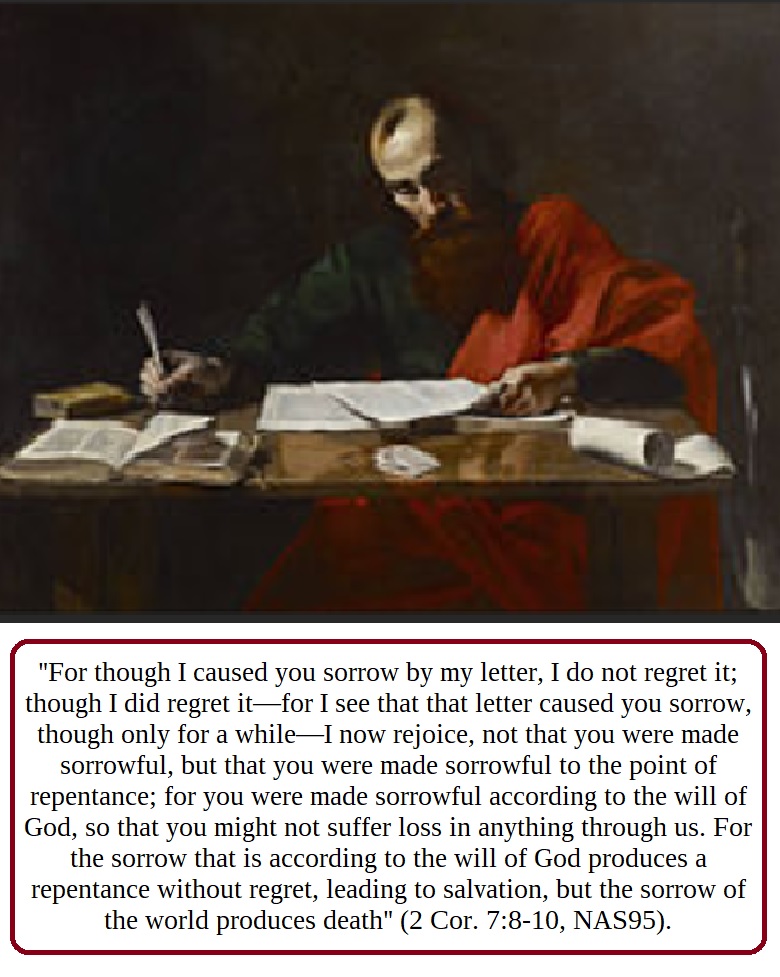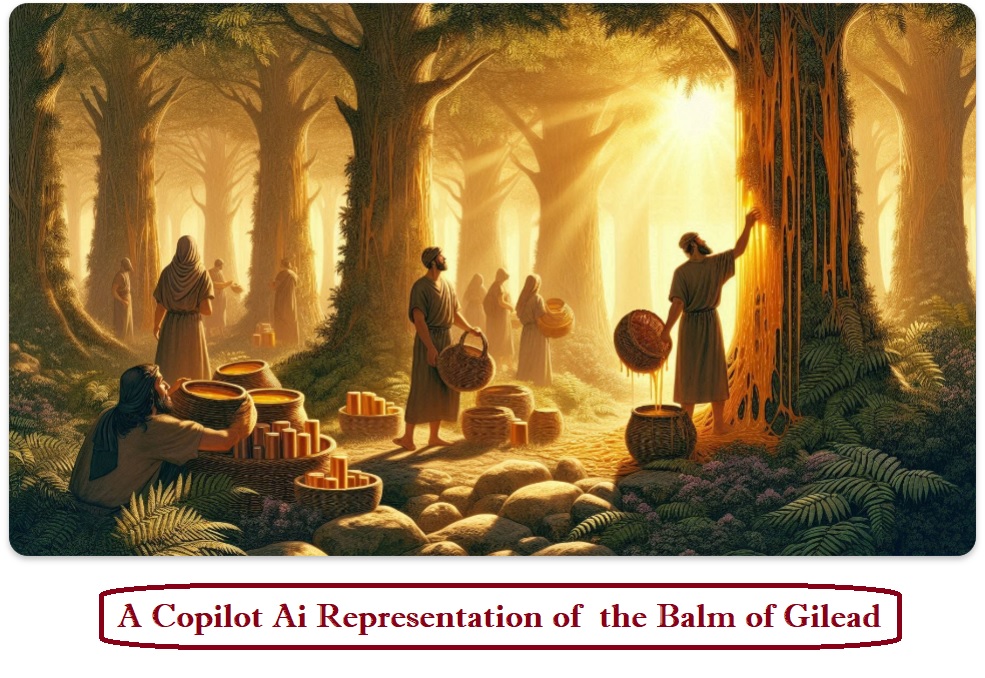“Go therefore and make disciples of all the nations…teaching them to observe all that I commanded you; and lo, I am with you always, even to the end of the age” (Matthew 28:19-20, NASB).
——————–
Contents
1) The “Hallelujah” Psalms (Jerry Fite)
2) If I Knew I Were Going to Die Tomorrow, What Would I Tell My Children Today? (Bryan Gibson)
3) Sword Tips #18 (Joe R. Price)
——————–

-1-
The “Hallelujah” Psalms
Jerry Fite
God deserves praise from all His creation. Throughout the Old Testament Psalms, such a point is driven home. But Psalms 113-118 form a special grouping called the “Hallelujah” Psalms. The title is taken from the first verse of Psalm 113, which reads, “Praise ye Jehovah. Praise, o ye servants of Jehovah, Praise the name of Jehovah.” The word “praise” translates the Hebrew word, “Hallul.” This is where we get the more familiar word “Hallelujah.” These “Hallelujah” psalms were sung when the people of Israel traveled to Jerusalem for the various appointed feasts.
The Jewish Talmud reveals the tradition of using this grouping of Psalms when partaking of the Passover meal. After partaking of the first of four cups of the fruit of the vine, Psalm 113 and 114 would be sung. Then, at the end of the meal, Psalm 115-118 would be sung.
The first two Psalms in this group exhort God’s servants to praise God, because the extent of His glory demands it. God’s character establishes a name that should be praised for ever more (Psalm 113:2). His praise-worthy name goes from east to west, following the direction of the sun’s rising and setting. Then, the Lord should be praised as His servants look upward above all nations and fathom the fact that God’s glory is “high above the heavens” (Psalm 113:4). God is so high above all things, that He must “humble” Himself “to behold the things that are in heaven and in the earth”(Psalm 113:6). He not only beholds but raises the poor and needy from dire straits (Psalms 113:8). He blesses the barren woman with the joy of keeping house in motherhood (Psalm 113:9).
Psalm 114 begins with Israel coming forth out of Egypt (Psalm 114:1). The Psalmist seems to be so impressed with God’s miraculous deeds that he uses the pronoun, “his” before saying, “Tremble, thou earth, at the presence of the Lord, at the presence of the God of Jacob” (Psalm 114:7). Before establishing “His” presence in the temple in Judah and ruling over Israel, the sea divided in fear before His presence as Israel was delivered from Egypt (Psalm 114:3). The Jordan River also “was driven back” as God’s people were allowed passage into the promised land. While in the wilderness, the mountain of Sinai quaked, skipping as disturbed rams when the Law of Moses was delivered to the people (Psalm 114:4, 6). God’ glorious presence “turned the rock into a pool of water…”when the people thirsted in the wilderness (Psalm 114:8). God is praised for delivering His people from bondage, providing for them in the wilderness and ruling over them in Judah.
At the end of the Passover meal, the Psalms, broadening the focus to the nations, contrast God with their idol gods (Psalm 115) and look to the future when God is praised for His lovingkindness and truth among all “ye peoples” in “all the nations” (Psalm 117). Loving God because He has “delivered my soul from death” (Psalm 116:7) and rejoicing in the day when “the stone which the builders rejected is made the head of the corner” point to the nations praising God in the resurrected Christ (Psalm 118:22-24; I Peter 2:7).
The Passover meal allowed Jesus to institute the Lord’s supper, and the “Hallelujah” Psalms connected Him in song as well. This last section of Psalms, especially Psalm 118, was probably the hymn Jesus sang with His apostles at the end of His partaking of the Passover…right before heading to the Mount of Olives (Matthew 26:30).
— Via Glad Tidings, Volume 29, Number 34, August 25, 2019
——————–

-2-
If I Knew I Were Going to Die Tomorrow, What Would I Tell My Children Today?
Bryan Gibson
Forgive me for my sins. Maybe you know things I’ve done against you (Matthew 5:23-24), and if that’s the case, I need to be forgiven by you—and by God. I’ve tried hard, but I know my example has been imperfect. I’ve been too harsh at times, other times not firm enough. Please forgive me and make it your aim to improve on the things I did as a parent.
I love each one of you. Your mother and I rejoiced the day you were born (John 16:21), but that was nothing compared to the feelings we had when you were born again (John 3:3-5). I’m looking forward to an eternal reward (2 Timothy 4:6-8), but you children have been my reward here on this earth (Psalms 127:3-5). I’ve tried to demonstrate my love in a variety of ways, but I do hope you remember most the love I’ve shown for your soul.
Yes, you have spouses and children to care for, but take really good care of your mother, too. She has always been willing to “spend and be spent for your souls” (2 Corinthians 12:15). No doubt she made up for my deficiencies as a parent—when I didn’t have time, she did; when I was too soft, she was firm; when I was too harsh, she provided the softer touch. So “repay” your mom (1 Timothy 5:4), a debt you already know you’ll never completely erase.
Make sure our precious grandchildren are prepared for the life beyond this one. You already know what’s most important to God (Jeremiah 9:23-24; Galatians 6:14; Matthew 16:26)—make sure they know it too, through what you say AND do.
Serve the Lord faithfully, which among other things means daily (Luke 9:23). Jesus died for you so that you would live wholeheartedly for Him (2 Corinthians 5:14-15). I pray you have good health, that you are able to provide for your families, but above all, I pray that your souls prosper (3 John 1:2). Whatever you accomplish in this life, whatever happiness you find—it won’t mean a thing if you lose your soul (Matthew 16:26).
Study God’s word diligently (2 Timothy 2:15; 3:16-17; 1 Peter 2:1-3). The times I’ve made a mess of things was when I either wasn’t studying like I should, or when I ignored what I had studied. Bottom line, I shudder to think how dark my life would be without the light of God’s word, the (many more) foolish decisions I would have made without its guidance, how unprepared I would be for “the time of my departure” (2 Timothy 4:6).
“Heaven holds all to me,” and I sure hope it’s the same for you. It’s where I plan on going, and it’s been my hope for each of you since the day you were born. This time of sorrow—I wish I could say it’s your last, but it’s not. And that’s okay, because these times of sorrow will make you long for a better place—a place Jesus has prepared for you (John 14:3); a place where you never die, where there is no more pain or sorrow (Revelation 21:4); a place that needs no light, because it is completely lit up by the glory of God (Revelation 21:23; 22:5). Think of the best day you’ve ever had, multiply that joy by 10 million (is that enough?), and then imagine every day throughout eternity being just like that.
One more thing—please sing, “When I Survey the Wondrous Cross,” at my funeral. It’s my favorite song, and if you read those words again, you’ll know exactly why. It doesn’t have to be your favorite song, but you sure better live by its words.
— Via Plain Words from God’s Word, June 4, 2024
——————–

-3-
“And take…the sword of the spirit, which is the word of God” (Eph. 6:17).
Sword Tips #18
Joe R. Price
“And be kind to one another, tenderhearted, forgiving one another, even as God in Christ forgave you” (Ephesians 4:32).
Oh, how much trouble we could avoid if only we would be kind to one another! Kindness is an attribute of love that flows out of a compassionate heart (1 Cor. 13:4).
Be kind to others by imparting goodness with your words and your actions.
Be kind, even when they are not kind to you.
Remember, kindness forgives others like God in Christ forgives us.
So today, imitate God and be kind.
——————–
The Steps That Lead to Eternal Salvation
1) Hear the gospel — for that is how faith comes (Rom. 10:17; John 20:30-31).
2) Believe in the deity of Jesus Christ, the Son of God (John 8:24; John 3:18).
3) Repent of sins. For every accountable person has sinned (Romans 3:23; Romans 3:10), which causes one to be spiritually dead (Ephesians 2:1) and separated from God (Isaiah 59:1-2; Romans 6:23). Therefore, repentance of sin is necessary (Luke 13:5; Acts 17:30). For whether the sin seems great or small, there will still be the same penalty for either (Matt. 12:36-37; 2 Cor. 5:10) — and even for a lie (Rev. 21:8).
4) Confess faith in Christ (Rom. 10:9-10; Acts 8:36-38).
5) Be baptized in water for the remission of sins (Mark 16:16; Acts 2:38; 22:16; 1 Pet. 3:21). This is the final step that puts one into Christ (Gal. 3:26-27). For from that baptism, one is then raised as a new creature (2 Cor. 5:17), having all sins forgiven and beginning a new life as a Christian (Rom. 6:3-4). For the one being baptized does so “through faith in the working of God” (Col. 2:12). In other words, believing that God will keep His word and forgive after one submits to these necessary steps. And now as a Christian, we then need to…
6) Continue in the faith by living for the Lord; for, if not, salvation can be lost (Matt. 24:13; Heb. 10:36-39; Rev. 2:10; 2 Pet. 2:20-22).
——————–
Tebeau Street
CHURCH OF CHRIST
1402 Tebeau Street, Waycross, GA 31501
Sunday: 9 a.m. Bible Classes and 10 a.m. Worship Service. Congregational Song Service: 5 p.m. for every first Sunday of the month.
Wednesday: 7 p.m. Bible Classes
evangelist/editor: Tom Edwards (912) 281-9917
Tom@ThomasTEdwards.com
https://thomastedwards.com/go/all.htm (This is a link to the older version of the Gospel Observer website, but with bulletins going back to March 4, 1990.)




















